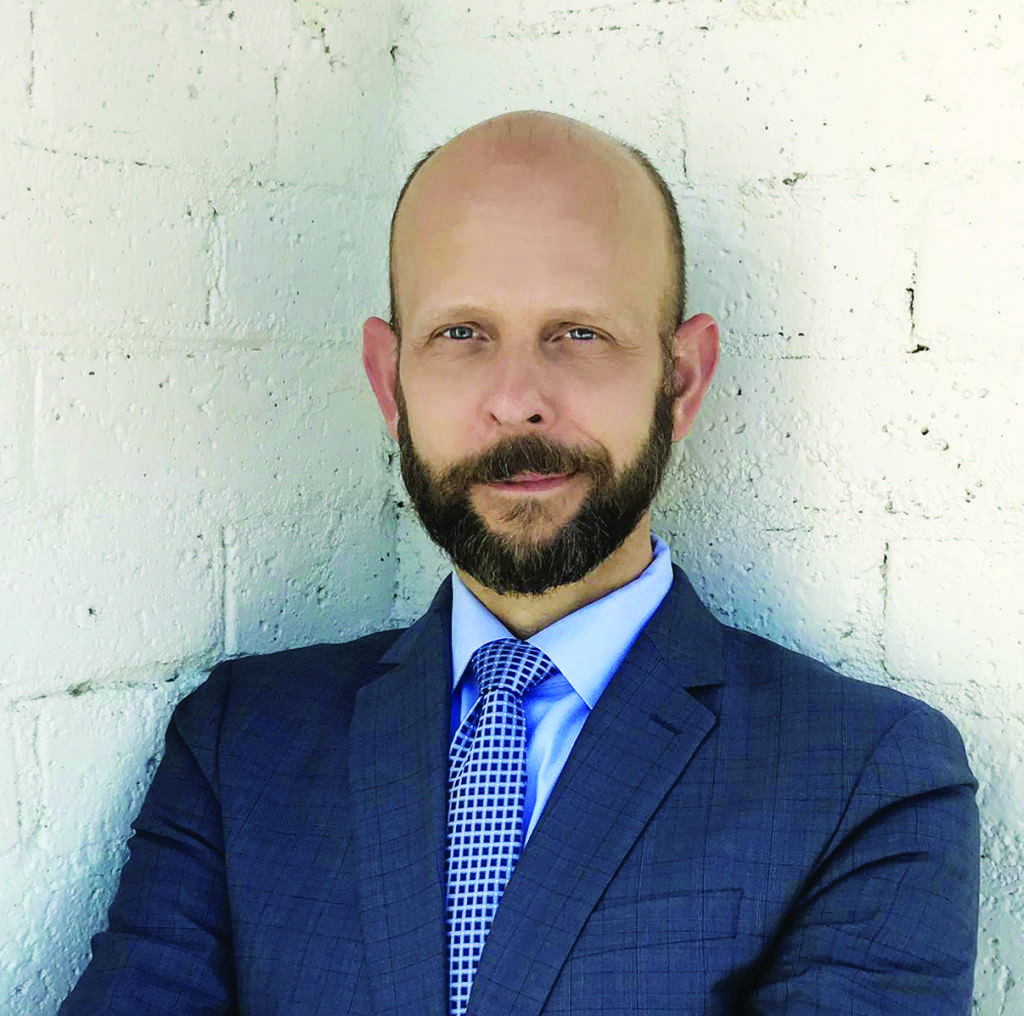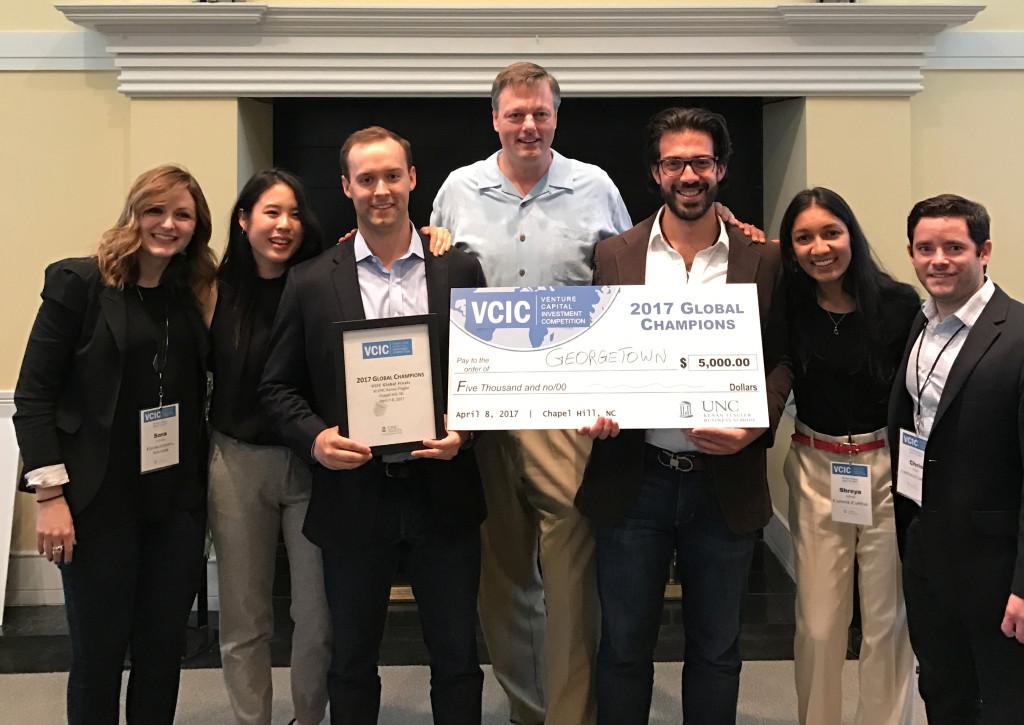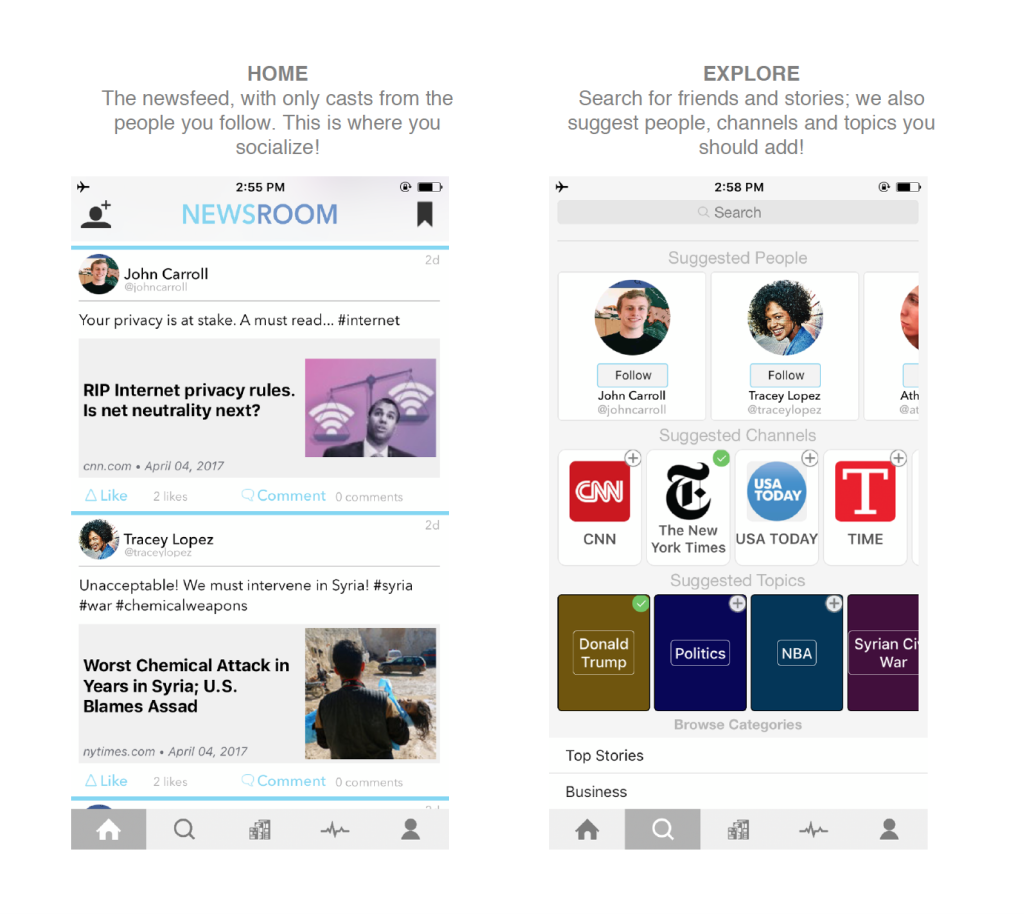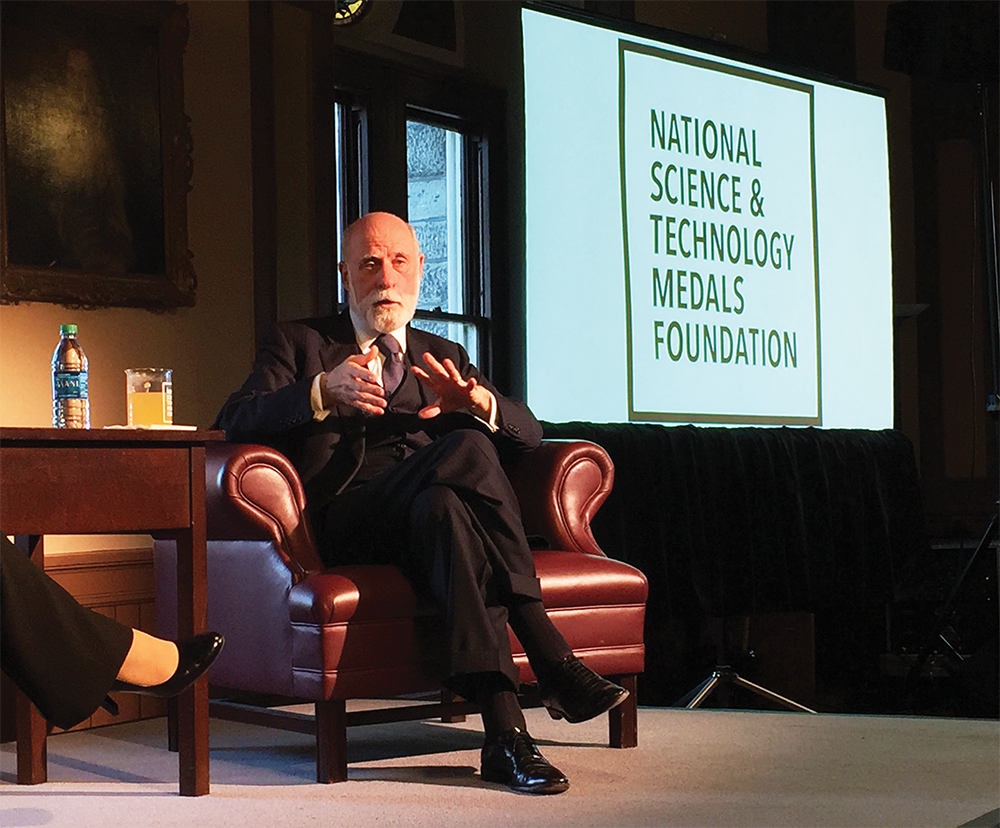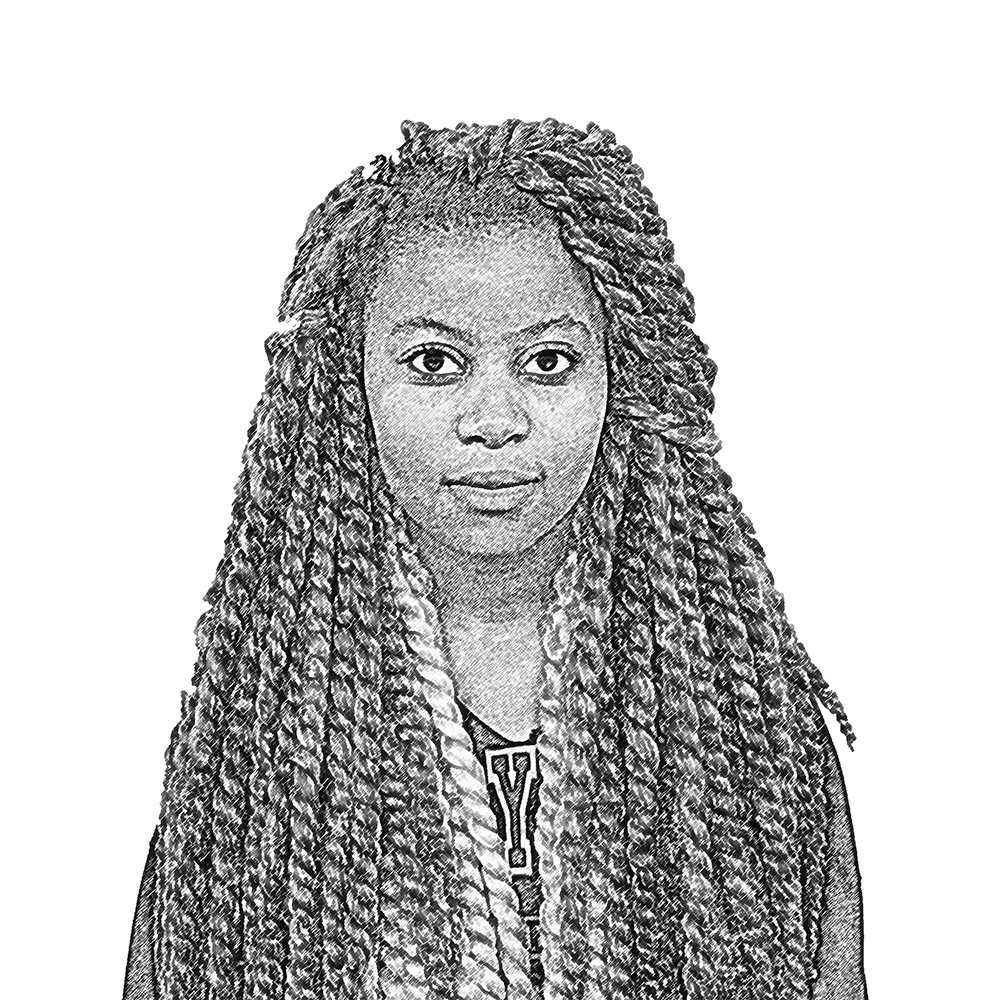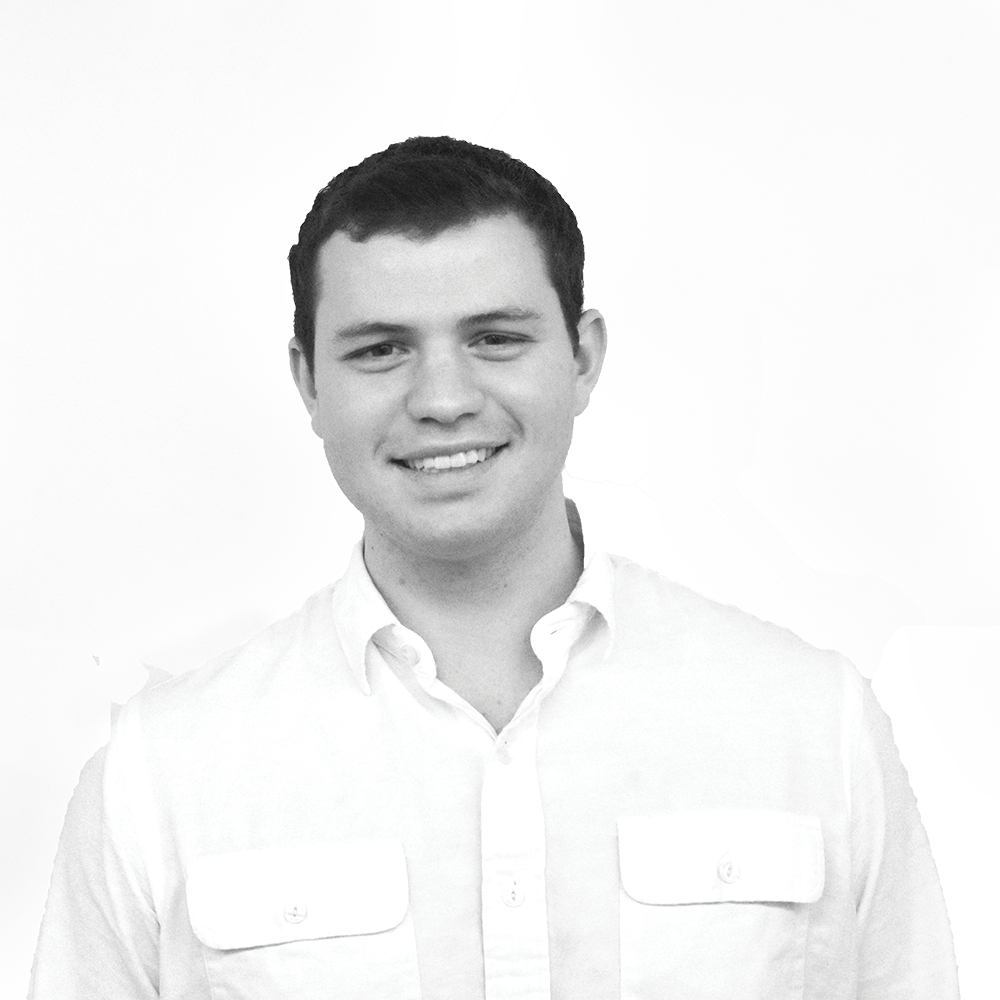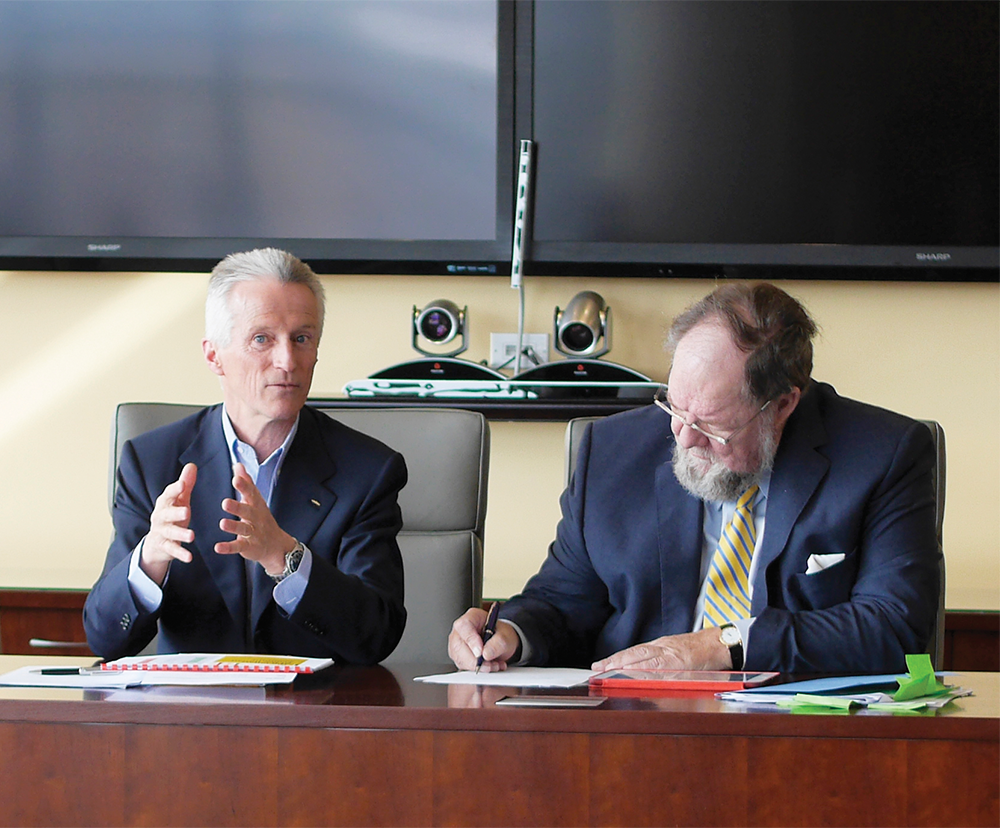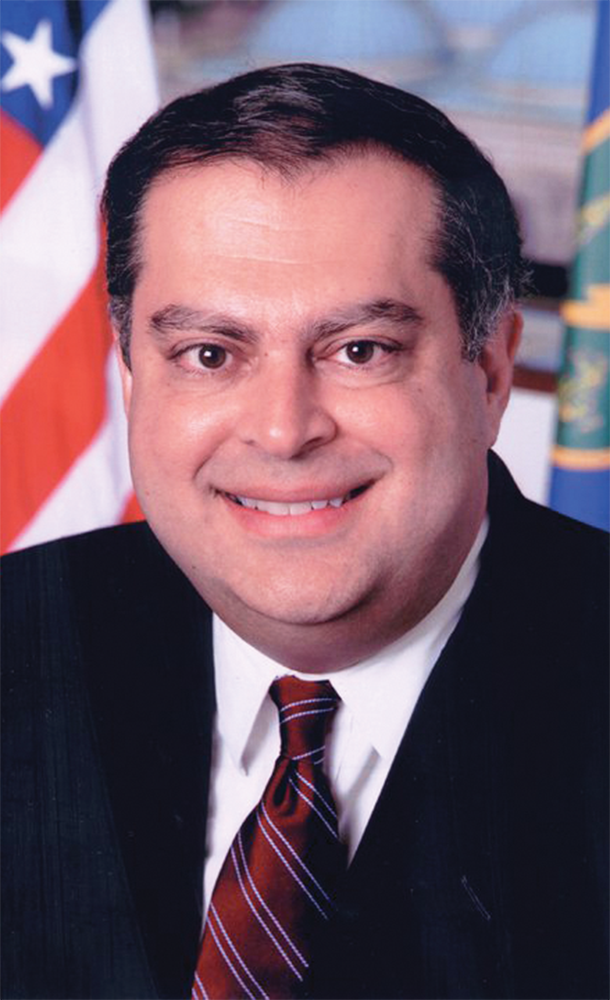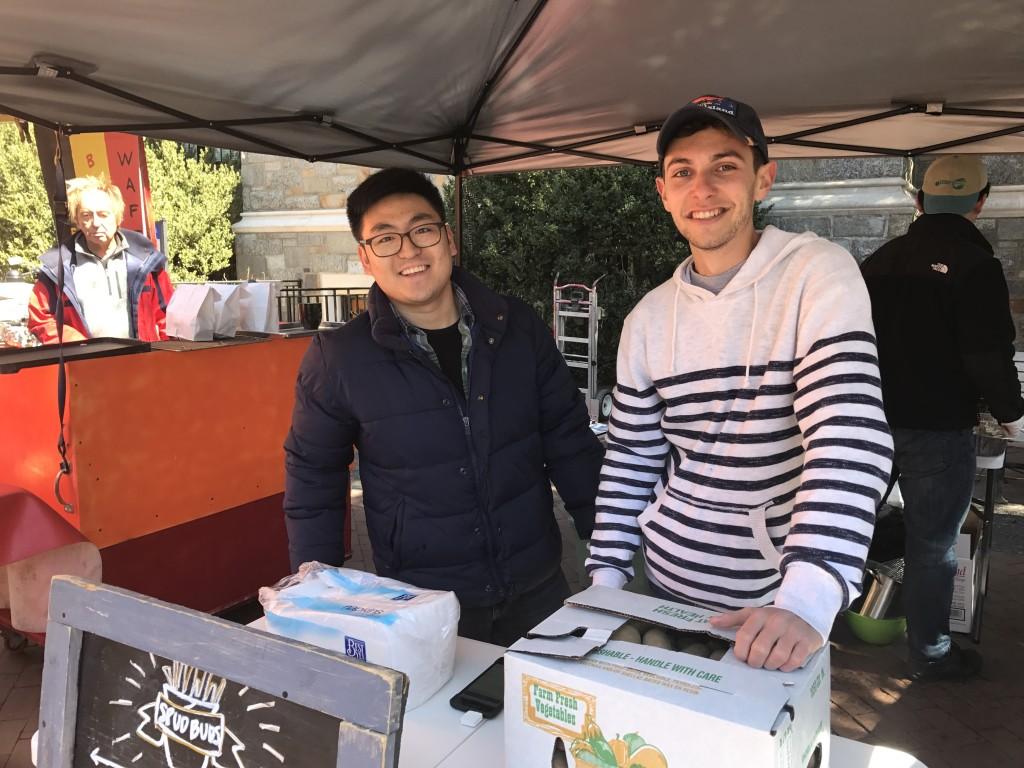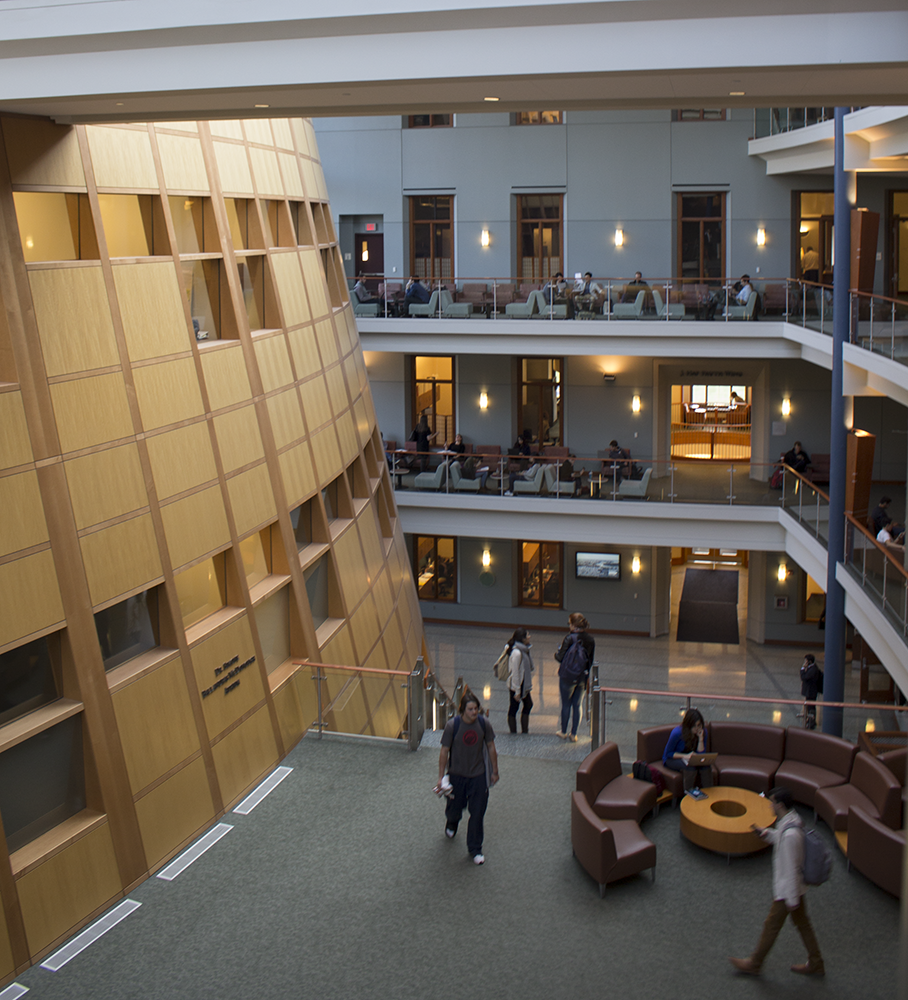
The Entrepreneurship Fellows Program, run out of the McDonough School of Business, accepted 29 sophomores. The fellowship offers programming to students interested in entrepreneurship.
The McDonough School of Business’ Entrepreneurship Fellows Program accepted 29 new fellows from the Class of 2018. This year’s admits include 16 students in the MSB, 11 students in the College and two students in the School of Foreign Service.
Entrepreneurship Fellows Program Co-Director Daniela Brancaforte declined to comment on how many students applied to the fellowship this year.
Applications for this year’s class of Entrepreneurship Fellows closed on Nov. 2, but for the first time, the program will also accept another round of applications in the spring. The Entrepreneurship Fellows Program, founded in 2010 with the Class of 2013, aims to give students interested in entrepreneurship access to events, internships and mentors.
Current entrepreneurship fellow Connor Bernstein (COL ’16) said the fellowship allows him to pursue something in which he has always been interested.
“I started a company in high school that I’ve been running while at Georgetown and I wanted to find a way to take advantage of the resources on campus to not only advance my own company, but learn about what other possibilities were out there,” Bernstein said. “I thought EFP would be a good way to combine a liberal Georgetown education with practical MSB.”
Students are encouraged to apply to the fellowship as sophomores to complete the required coursework before graduation.
Other business fellowships offered for undergraduate students at Georgetown include the Global Business Fellows Program, offered by the MSB and SFS, and the Baker Scholars Program, offered by the College.
Members of EFP take a series of three classes sometime between spring of sophomore year and fall of senior year. The first class, “Foundations of Entrepreneurship,” is an introduction to the “soft skills” of entrepreneurship, introducing a philosophy to encourage coming up with ideas, testing, iterating and making sure the market is ready down the road. Students get a glimpse into the mentality behind being successful as an entrepreneur.
The next class, titled “Launching the Venture,” is more tangible and hands-on than the first. It consists of exercises and projects designed to help the students develop some of the skills they need to take a venture from the idea stage. For example, there is a module on ideation and developing a good idea.
“We were given a dollar and told, ‘go make as much money as you can’ and that was one of the projects,” entrepreneur fellow Beatrice Fabris (COL ’16) said of the class. “It was supposed to force us to go out there and be resourceful.”
While the first two courses are considered electives and open to the general student body, the third is restricted to fellows and focuses on the managerial challenges of startups. Each student interns with a local startup and for the class, they develop a case study on the strategic challenges facing that business model. The point of the class, titled “Entrepreneurial Practicum,” is to reflect on what it is like to be part of a company going through the startup phase.
In addition to the classes, Entrepreneurship Fellows Program co-directors, Assistant Dean Daniela Brancaforte and Entrepreneurship Associate Director Alyssa Lovegrove, organize activities for the cohort of fellows. A few times per semester, the EFP fellows will get together to meet some startup founders or go to 1776, a startup incubator in downtown D.C. Additionally, all fellows must participate in StartupHoyas’ annual Pitch Competition at least once during their time at Georgetown.
“By definition, entrepreneurship is something you can learn, but it isn’t really something you can learn out of a book,” Lovegrove said. “It’s something you can only learn by practicing. So a lot of the activities in EFP are around getting people to try stuff and evaluate what they’re learning.”
The coursework EFP requires is not as strenuous as a traditional minor and does not appear on a transcript, but Fabris said it has other value.
“The biggest thing the program has given to me is the sheer exposure to different companies that I otherwise would not have been exposed to. Another important part of the program is the speakers, and I find learning from them has been incredibly valuable, because they have real stories,” Fabris said.
For Bernstein, EFP has changed his perspective on what it means to be an entrepreneur.
“Every single class I’ve taken is not what you’d imagine entrepreneurship to be like,” Bernstein said. “It’s not writing a business plan. It’s more hearing young entrepreneurs talk and learning what made them successful. Also, one of my professors has said it’s so easy to start a company that we’re going to go out and do customer interviews and make a website and get people to sign up, all in one class.”
While Bernstein joined EFP with prior business and startup experience, most students come with little entrepreneurship background.
“One of the things we wrestle with is how to explain the purpose of the program and who it’s for,” Lovegrove said. “We certainly welcome people who do have an idea for a venture, but it’s not restricted to people like that. We want people to leave the program with a real appreciation for entrepreneurship and how an entrepreneurial mindset could be useful to them throughout their careers.”


